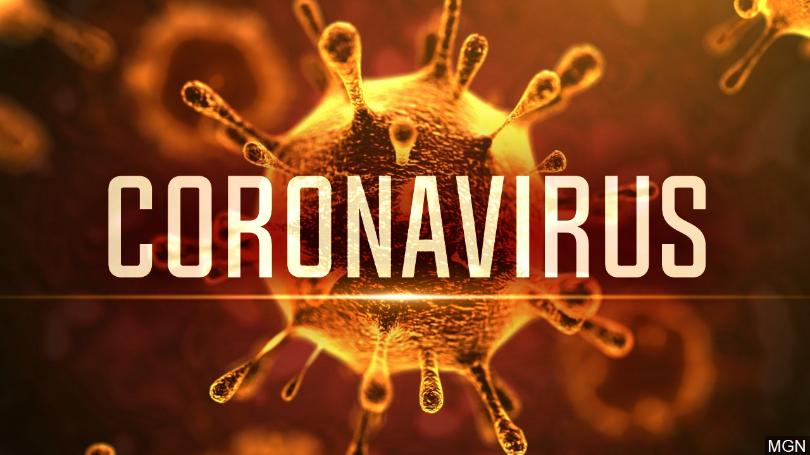The diversion of health workers from maternity services to COVID-19 treatment and care units is threatening the health and lives of pregnant women and new-borns, a report has found.
COVID-19 is worsening progress towards 2030 targets to save women’s and children’s lives globally, which was already lagging by about 20 per cent prior to the pandemic, the report says.

“Due to the lack of robustness in our African health systems, we could see a big rise in deaths among pregnant women and young children by ten to 50 per cent, with disruptions in essential services and supplies,” says Joy Phumaphi, co-chair of the Independent Accountability Panel for Every Woman, Every Child, Every Adolescent (IAP), which produced the report published on (13 July).
In 2016, the IAP was established to review progress towards the 2030 Sustainable Development Goal for every woman, child and adolescent to have equitable access to health.
Phumaphi said that instances of pregnant women not wanting to go to hospitals for delivery put them at risk. The cessation of movements and curfews is also an addition to the risks women are exposed to at this time, particularly if they experience health complications requiring complicated interventions, such as caesarean delivery.
She adds that some children are missing visits to health clinics for important vaccines, leaving them at risk of preventable diseases.
“COVID-19 is worsening a bad situation and we could see progress made in the last decades reversed,” Phumaphi cautioned.
“We have to recognise the weaknesses that exist in the health systems that make us more vulnerable,” says Phumaphi, including inadequate data collection and investments in women and children’s health.
“The COVID-19 pandemic has again highlighted the importance of basing critical decisions and investments for women’s, children’s and adolescents’ health and rights on reliable and complete data,” says the report. “As an urgent priority, countries should invest in data systems such as birth and death registration, ensuring every woman, child and adolescent counts and is counted.”
In Sub-Saharan Africa, Angola, Cameroon, Central African Republic, Chad, Côte d’Ivoire, the Democratic Republic of the Congo, Lesotho, Mauritania, Sierra Leone, Somalia and South Sudan are worst affected and grappling with meeting global and national health targets.
“We need to address the inequities between the rich and poor, between different races, between ethnic and cultural groups, between religious groups and between geographical regions,” says Phumaphi, a former World Health Organization assistant director-general.
Githinji Gitahi, global chief executive officer of the medical and research foundation Amref Health Africa, tells SciDev.Net that African governments need to wear gender lenses when making policies, especially as COVID-19 is worsening existing vulnerability among women, children and the poor. “Governments need disaggregated data to show vulnerability and guide intervention and not generalised look at the population,” says Gitahi, who was not involved in the report.
He urges governments to analyse the impact of every COVID-19 control response and ensure vulnerable populations, including pregnant women and children, can access health facilities during curfew times when the need arises.

